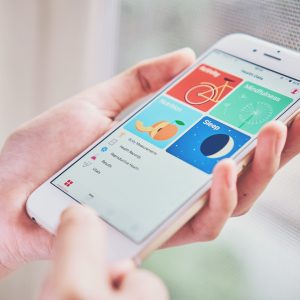Mobile healthcare apps are becoming increasingly popular. Health apps are application programs which offer health-related services. They include those which teach and encourage meditation practice, as well as exercise workout suggestions.

Apps which simply manage and present information are not typically considered a medical device under the TGA’s regulatory framework but others which analyse data may be considered to be a medical device. The TGA regulates mobile medical apps according to the level of risk they present to the consumer.
In addition to limited resources, one of the difficulties faced by the TGA and similar organisations in other countries is that some apps are developed in countries where the regulation is inconsistent with local laws. In America, the Food and Drug Administration (FDA) regulates only around 200 of the more than 156,000 health and wellness apps available. The apps subject to FDA regulation are ones that function as a medical device. As with Australia, the FDA focus on apps which have the potential to cause harm.
Some health apps are disguised as games such as those which claim to improve memory and brain function. As long as apps don’t openly claim to diagnose, prevent or treat a health condition they are unlikely to be subject to regulation. However, apps which claim to provide a health benefit may be subject to other laws and organisations, such as fair trading, if their claims are found to be unsubstantiated.
Majority of consumers want health apps rated
Apps are relatively easy to design and are being added to online stores every day. Although the apps are subject to user ratings and reviews, there is still a lot of uncertainty about which apps are genuinely useful. A survey conducted by the Consumers Health Form found that 90 percent of respondents believe the government should review and rate health apps for accuracy and effectiveness or provide funding to an external organisation to do so. Respondents expressed concern about the lack of transparency around health apps that may be promoting a product, and that a rating system would help users avoid spending money on apps which fail to do what they claim.
The Australian Health Panel survey also found that respondents were more likely to trust health apps recommended by their GP than online peer support groups or friends.
